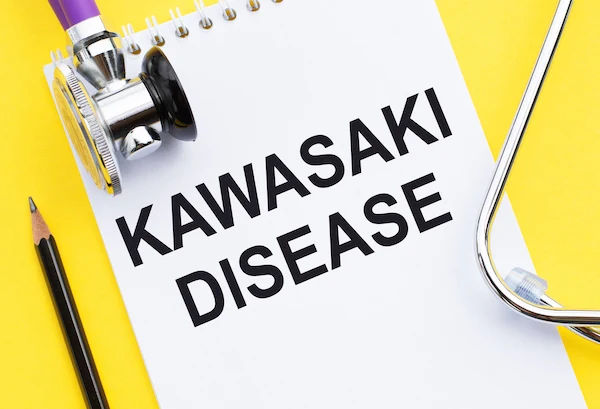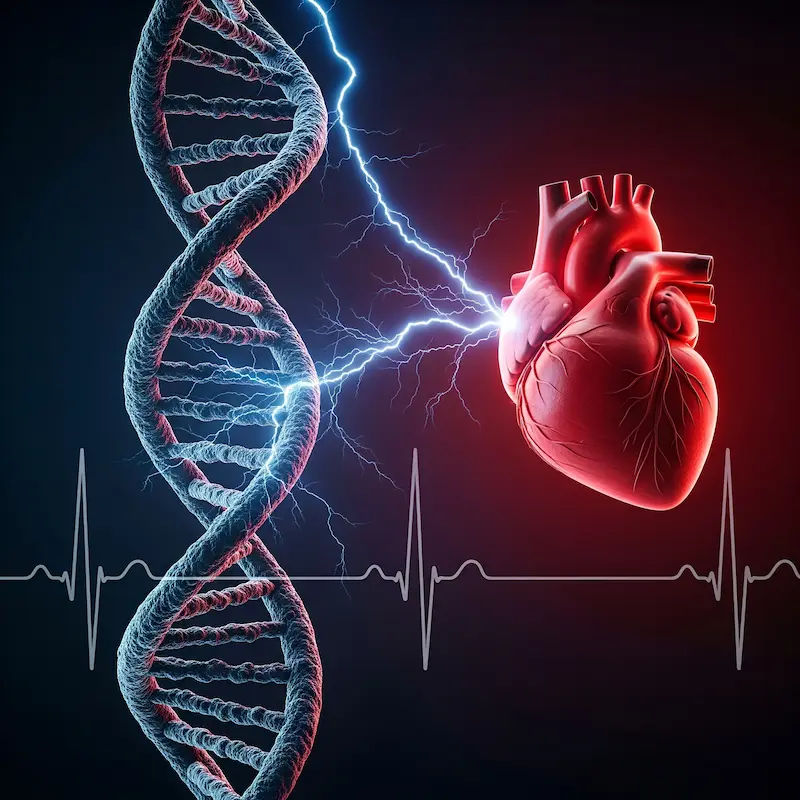- female
- 1 Years
- 20/02/2025
I'm really worried because my one-year-old has a heart murmur. Could you explain what a heart murmur is and if there are specific foods I should be giving my child?
Answered by 1 Apollo Doctors
A heart murmur in a one-year-old can be a sound made by turbulent blood flow within the heart, detected during a physical examination. It can be classified as either "innocent," which is harmless and often resolves on its own, or "pathologic," which may indicate underlying heart conditions requiring further evaluation by a pediatric cardiologist. For your baby's diet, it is essential to provide balanced nutrition, including breast milk or formula as the primary source, pureed or soft-cooked fruits and vegetables, whole grains like cereals and oatmeal, proteins such as well-cooked and finely shredded meat, poultry, fish, beans, lentils, and dairy like whole milk or yogurt if recommended by the pediatrician. Consult with your child's pediatrician for personalized advice and to discuss the heart murmur.
Dr. Mubarak Suggests...
Consult a Paediatric Cardiologist
Answered 25/07/2025
0
0

More Paediatric Cardiology Health Queries
View allMy baby has a subaortic VSD of 2.5 mm and I'm really worried - can this close on its own or will they need open heart surgery? Are there any other treatment options we should consider?
cardiologist opinion is advised.
Answered by 1 Apollo Doctors
I'm really concerned about my baby who's now 4.5 months old. Right now, she has a 2mm PDA. When she was just 9 days old, she suffered from a blood lung infection and had three seizure attacks with a fever of 104.5 within two days. She's active, feeding well, and her weight is going up normally. I'm worried and wonder if it's really necessary for her to undergo closure when she turns 6 months?
After reviewing the information provided, it is important to monitor the baby closely for any symptoms or complications related to the PDA. In some cases, if the PDA is small and not causing any symptoms, it may not require immediate closure. However, it is best to consult with a pediatric cardiologist for a thorough evaluation and personalized treatment plan. If closure is recommended, medications such as Ibuprofen or Indomethacin may be prescribed to help close the PDA. The dosage and duration of treatment will be determined by the pediatric cardiologist based on the baby's specific condition. Regular follow-up appointments are essential to monitor the baby's progress and ensure optimal health.
Answered by 1 Apollo Doctors
I'm really worried about my baby girl. She's only 2 months old and was born preterm at 35 weeks. The doctors say she has a 6mm VSD, 3mm ASD, and moderate PDA, all left to right shunt. Her weight is 3.5kg right now. We've spoken to 23 pediatric cardiologists and they all recommend surgery, but were confused about the timing. Some say it should be done immediately, others suggest before she turns 6 months, or when she reaches 1 year and weighs about 10kg. Right now, she seems to be okayshe's gaining weight, feeding well, and has no symptoms related to the VSD. We just want to make the right decision for her. When would be the best time for the surgery?
In the case of your daughter with VSD, ASD, and PDA, the decision for surgical correction depends on various factors such as the size of the defects, the presence of symptoms, and the overall health of the baby. Since your daughter is currently asymptomatic and is gaining weight normally, the timing of the surgery can be a bit more flexible. Considering the moderate size of the defects and the left to right shunt, it is generally recommended to wait until the baby is a bit older and bigger before considering surgery. Most pediatric cardiologists suggest performing the surgery before the baby reaches 1 year of age or weighs around 10kg. This allows for the baby to grow and develop, making the surgery safer and potentially reducing the risk of complications. It is important to continue monitoring your daughter closely for any signs of distress or worsening symptoms. Regular follow-ups with the pediatric cardiologist are crucial to track the progress of the defects and determine the optimal timing for the surgical correction.
Answered by 1 Apollo Doctors
Disclaimer: Answers on Apollo 247 are not intended to replace your doctor advice. Always seek help of a professional doctor in case of an medical emergency or ailment.





